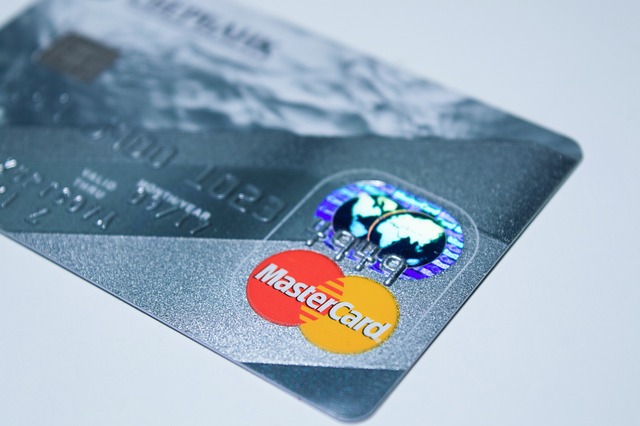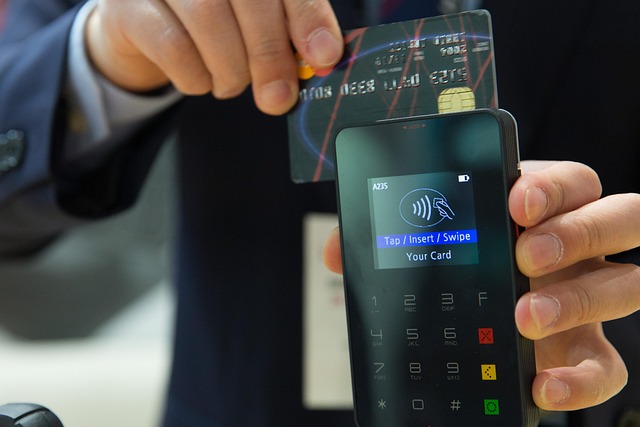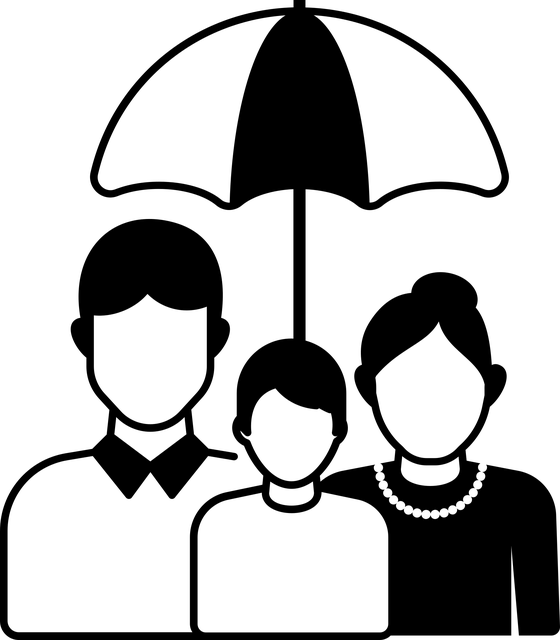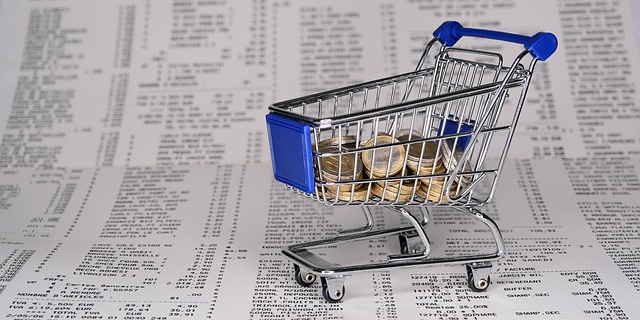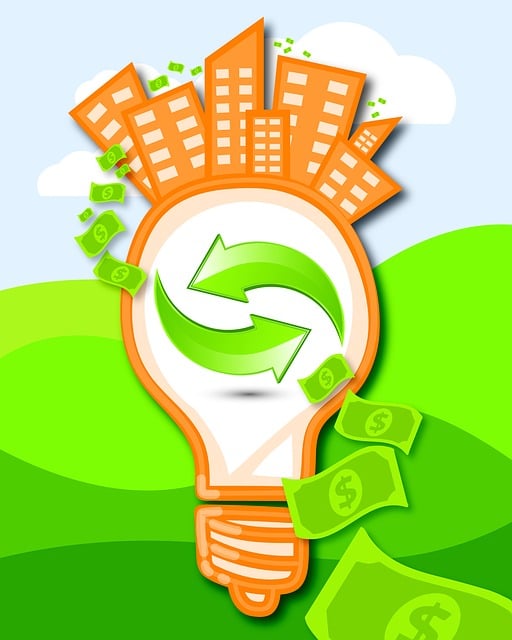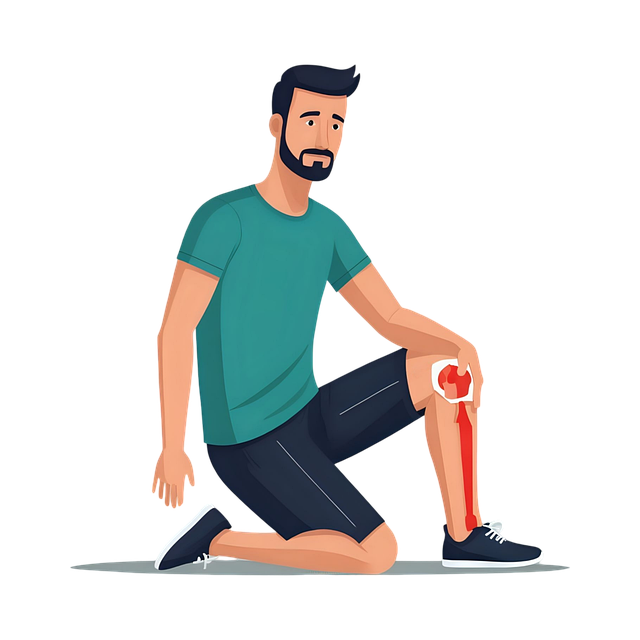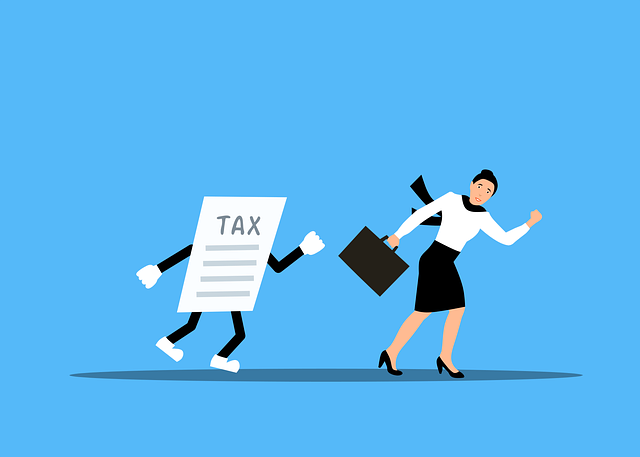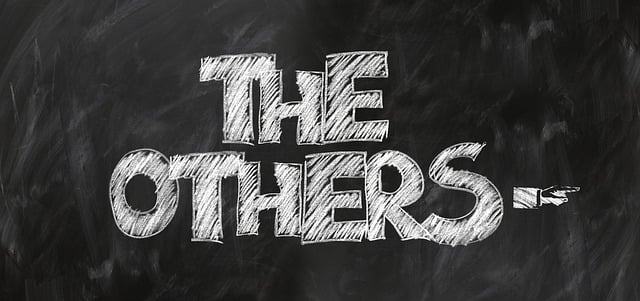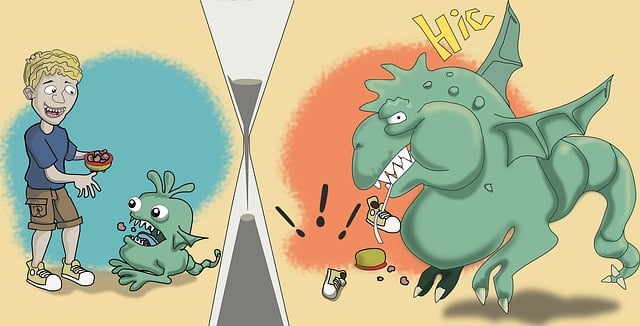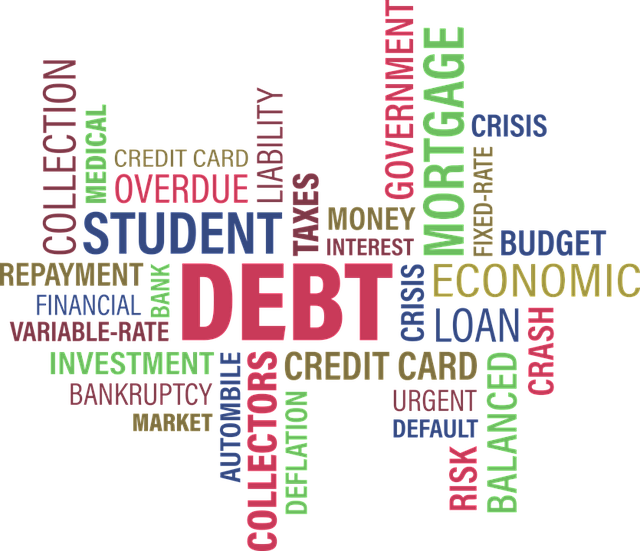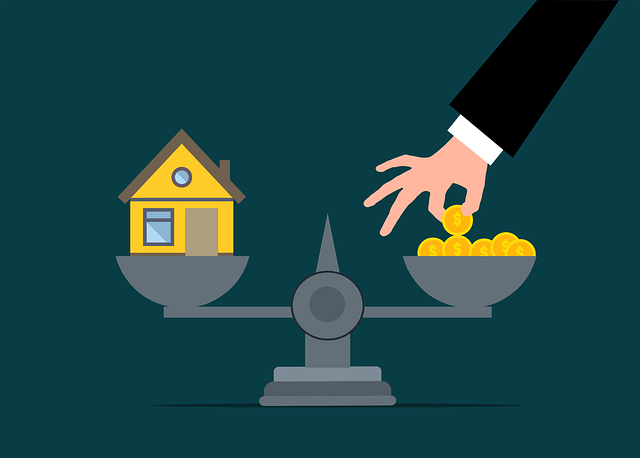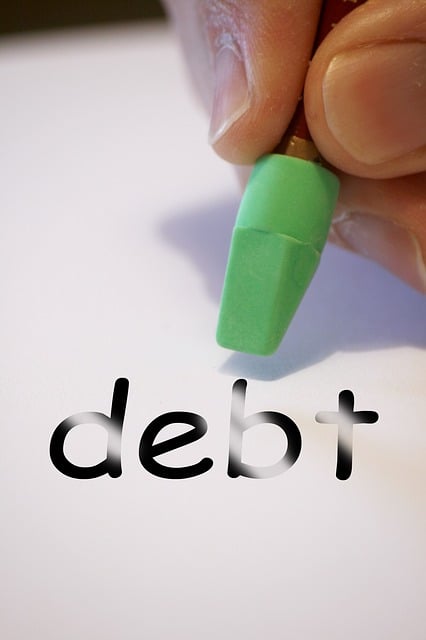South Africans struggling with debt have a popular option: debt consolidation loans. These come in secured and unsecured varieties, with significant differences. Secured loans require collateral like property or vehicles, offering lower interest rates but risk to assets. Unsecured loans lack collateral, have slightly higher rates, yet provide flexibility. Leading South African banks like Standard Bank, Absa, and FNB offer debt consolidation services, catering to diverse needs with competitive rates and flexible plans. Researching bank terms and conditions based on your financial assessment—income, debts, and assets—is crucial for choosing the most suitable loan type. Online application portals make exploration convenient from home.
In South Africa, managing multiple debts can be a complex task. This guide helps you navigate debt consolidation options by explaining the difference between secured and unsecured loans. We explore various which banks offer debt consolidation loans in SA, highlighting their offerings and terms. Understanding your financial situation, interest rates, and repayment flexibility is crucial when choosing between these loan types. By considering these factors, you can make an informed decision to simplify your debts effectively.
- Understanding Secured and Unsecured Debt Consolidation Loans
- Which Banks in South Africa Offer Debt Consolidation Loans?
- Factors to Consider When Choosing Between Secured and Unsecured Loans
Understanding Secured and Unsecured Debt Consolidation Loans

Debt consolidation loans are a popular tool for South Africans looking to manage their debt more effectively. Understanding the difference between secured and unsecured options is crucial when making this decision. Secured debt consolidation loans require borrowers to offer an asset, such as property or a vehicle, as collateral to the lender. This provides the lender with security in case of default, often resulting in lower interest rates. Unsecured debt consolidation loans, on the other hand, do not require any collateral and are based solely on the borrower’s creditworthiness. While they may have slightly higher interest rates, they offer more flexibility as borrowers don’t risk losing their assets.
When considering which banks offer debt consolidation loans, it’s important to research both types of options. Several South African banks provide these services, each with varying terms and conditions. Secured loans are often promoted by banks targeting homeowners or those with significant savings as collateral. Unsecured loans cater to a broader range of borrowers but may come with stricter credit requirements. Evaluating your financial situation, including your income, existing debts, and assets, will help you determine the most suitable type of debt consolidation loan from the available options at local banks.
Which Banks in South Africa Offer Debt Consolidation Loans?
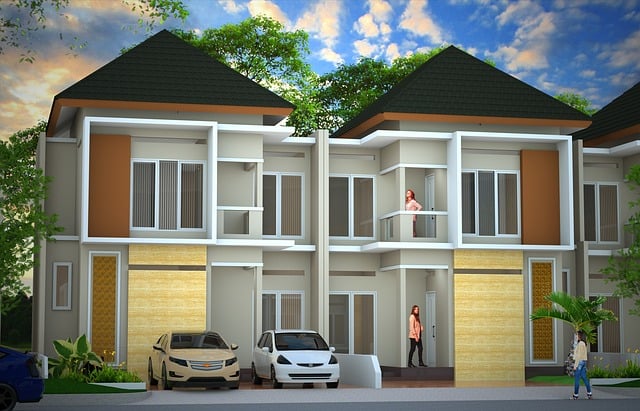
In South Africa, several banks offer debt consolidation loans as a means to help individuals manage their debts more effectively. When considering this option, it’s essential to explore the available choices and understand the specific offerings from different financial institutions. Some of the major banks in the country, such as Standard Bank, Absa, and First National Bank (FNB), provide debt consolidation services tailored to meet diverse customer needs. These banks have established themselves as leaders in the market, offering competitive interest rates, flexible repayment plans, and comprehensive financial solutions.
Each bank has its unique criteria for approving loans, so it’s crucial to compare their terms and conditions. You can start by checking their official websites or contacting their customer service representatives to gather detailed information about the debt consolidation processes. Additionally, many banks have dedicated online portals where you can apply for loans, making it convenient to explore your options from the comfort of your home.
Factors to Consider When Choosing Between Secured and Unsecured Loans
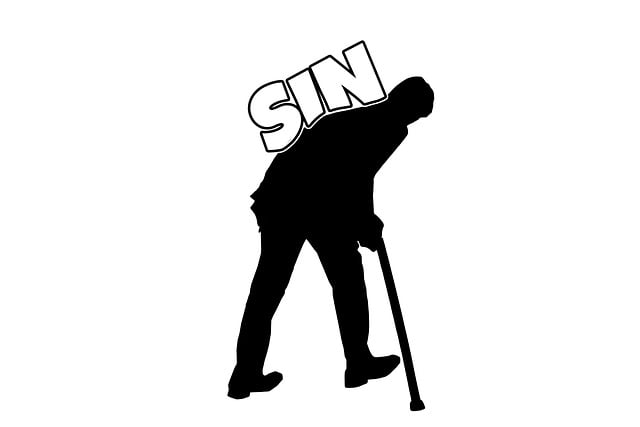
When deciding between secured and unsecured debt consolidation loans in South Africa, several factors come into play. Firstly, understanding your financial situation is crucial. Secured loans require collateral, typically in the form of property or assets, which serves as a safety net for the lender. This option might be appealing if you have substantial assets to offer and want to reduce interest rates significantly. On the other hand, unsecured loans don’t need any collateral but generally come with higher interest rates since the risk to the lender is higher.
Which banks offer debt consolidation loans also plays a role in your decision. Researching different financial institutions and comparing their loan packages can help you find the best fit. Some banks may specialise in secured loans, providing more negotiating power on terms, while others might focus on unsecured options with quicker application processes. It’s essential to weigh these considerations against your personal circumstances to make an informed choice that aligns with your debt relief goals.



